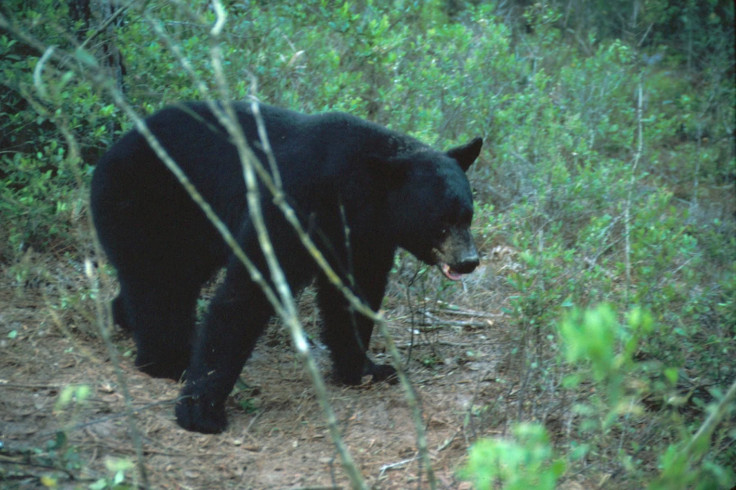Florida's Black Bear Hunt Called Off After Hunters Kill Nearly 300 Animals

Florida’s controversial black bear hunt -- its first state-sanctioned bear hunt in over two decades -- was called off after its second day following higher-than-expected “harvest,” wildlife officials said Sunday. While the Florida Fish and Wildlife Conservation Commission said that the hunt was aimed at stabilizing the growing population of the bears, several conservation groups termed it unnecessary and ineffective in curbing the problem of bear attacks in the region.
“The 2015 bear hunt is officially over in all four of the state’s seven BMUs [Bear Management Units] that offered bear hunting,” the commission said, in a statement released late Sunday, adding that 295 bears were killed in a span of just two days. The hunt, which was originally scheduled to last a week, had set a target of 320 bears.
“FWC took a conservative approach to setting harvest objectives, building in buffers so the number of bears harvested would stabilize growing populations while ensuring a continuation of healthy bear numbers,” the commission added. “The hunt is just one component of FWC’s overall bear management strategy, and FWC will continue to invest staff time and resources toward outreach and education, waste management, and removing bears that pose a threat to human safety.”
In the statement, the commission also said that of the 41 states with resident bear populations, 33 allow hunts to control the increasing bear population.
According to Reuters, over the past two years, four people have been injured in bear attacks in Florida. Supporters of the hunt claim that the rising bear population in the state -- which currently stands at over 3,000 -- was posing a threat to the residents and their properties.
“The basic problem with some of these bears is they're just roaming around ... they tear stuff up,” Glynda Bryant, a hunter who got one of the nearly 3,800 permits issued between Aug.3 and Oct. 23, told CBS News.
However, opponents -- many of whom photographed the dead bears in hopes that the images would undermine backing for future hunts -- said that the cull does not have public support. Activists also said that it would be more effective if the state focused its efforts on waste management and curbing the smell of food from garbage cans and unattended backyard grills that attract bears looking for an easy meal.
“Research overwhelmingly shows that hunting bears in the woods doesn’t reduce problems with bears in neighborhoods. The state would be better off helping citizens manage trash and outdoor food sources,” the Humane Society of the United States said, in a statement released last week. “Unfortunately for bears, most of Florida’s wildlife commissioners failed to listen to the overwhelming majority of Floridians who publicly opposed the hunt.”
© Copyright IBTimes 2024. All rights reserved.












